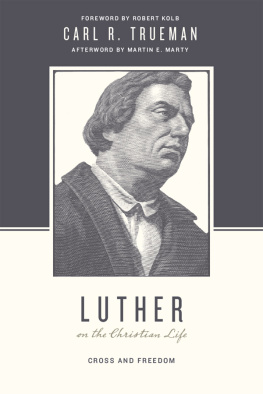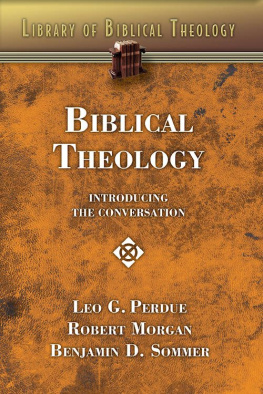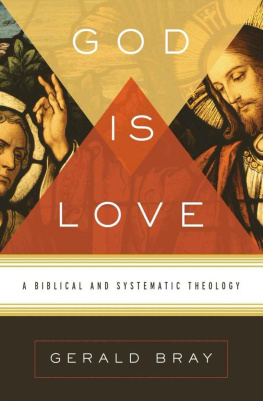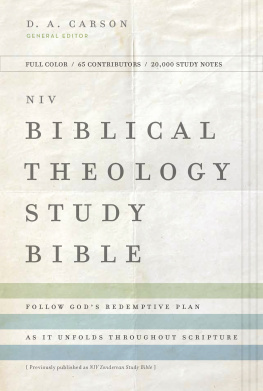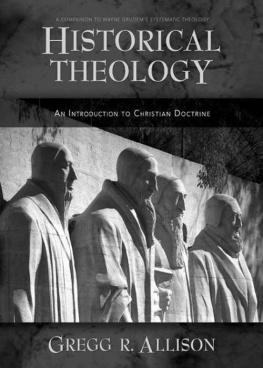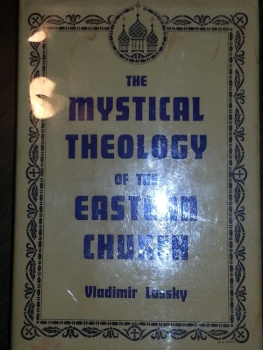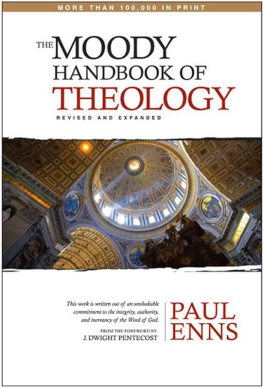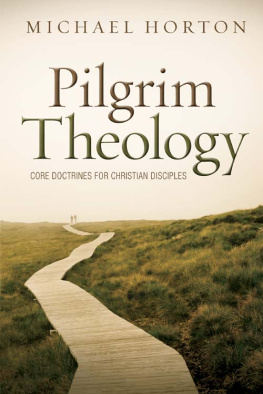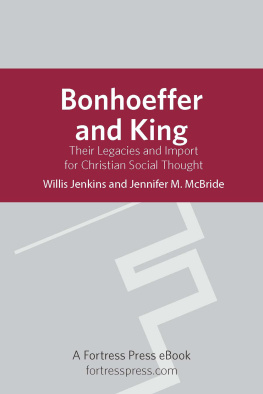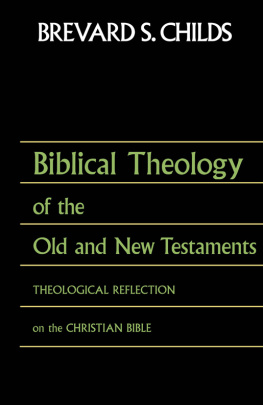THE TRIALS OF

BECOMING A PROVEN WORKER
IN A DANGEROUS BUSINESS
EDITED BY
ANDREW J. B. CAMERON AND BRIAN S. ROSNER

All Scripture quotations, unless otherwise indicated, are taken from the Holy Bible, New International Version. Copyright 1973, 1978, 1984 by International Bible Society. Used by permission of Hodder & Stoughton Publishers, a member of the Hodder Headline Group. All rights reserved. NIV is a registered trademark of International Bible Society. UK trademark number 1448790.
Scripture quotations marked RSV are taken from the Revised Standard Version of the Bible, copyright 1952 [2nd edition, 1971] by the Division of Christian Education of the National Council of the Churches of Christ in the United States of America. Used by permission. All rights reserved.
Scripture quotations marked NRSV are taken from the New Revised Standard Version Bible: Anglicised Edition, copyright 1989, 1995, a division of Christian Education of the National Council of the Churches of Christ in the United States of America. Used by permission. All rights reserved.
Scripture quotations marked ESV are from The Holy Bible, English Standard Version, copyright 2001 by Crossway Bibles, a division of Good News Publishers. Used by permission. All rights reserved.
Scripture quotations marked KJV are taken from the King James Version.
Scripture quotations marked ASV are taken from the American Standard Version.
Copyright Andrew J.B. Cameron and Brian S. Rosner 2010
ISBN 978-1-84550-467-0 paperback
ISBN 978-1-84550-665-0 e-book
10 9 8 7 6 5 4 3 2 1
Published in 2010
by
Christian Focus Publications,
Geanies House, Fearn,
Ross-shire, IV20 1TW, Scotland
www.christianfocus.com
Cover Design by Paul Lewis
All rights reserved. No part of this publication may be reproduced, stored in a retrieval system, or transmitted, in any form, by any means, electronic, mechanical, photocopying, recording or otherwise without the prior permission of the publisher or a licence permitting restricted copying. In the U.K. such licences are issued by the Copyright Licensing Agency, Saffron House, 6-10 Kirby Street, London, EC1 8TS. www.cla.co.uk
CONTENTS
How easy it is to abstract our study of theology from life. And how deadly. In this volume we are challenged and strengthened with godly wisdom both from spiritual giants of yesterday and mature scholars of today. Teachers of the Scriptures need mentors so that we are refreshed by God's presence and power in our studies. I was consoled, convicted, instructed, and even ushered into God's presence by this book.
THOMAS R. SCHREINER
James Buchanan Harrison Professor of New Testament Interpretation
The Southern Baptist Theological Seminary, Louisville, Kentucky
When I began my theological studies in 1968 I devoured Helmut Thielicke's A Little Exercise for Young Theologians. If I were starting today I would devour The Trials of Theology. Here is counsel from the proven dead and the wise living. Do we need to do theology? We may as well ask, Do we need to know God? Ten thousand times yes. Is studying theology perilous? Yes. But less perilous than ignorance. Will it be costly? Let the Bible answer: It is good for me that I was afflicted, that I might learn your statutes [Ps. 119:71]. Without the trials of theology we remain on the surface of the statutes of God. May the Spirit of truth make this book a means of true thinking about God, deep affections for God, and beautiful obedience to God, through Jesus Christ who is God.
JOHN PIPER
Pastor for Preaching and Vision,
Bethlehem Baptist Church, Minneapolis, Minnesota
The title The Trials of theology may sound curious to some, but for those who have devoted themselves to the study of the Bible and Christian theology there will be instant resonance because such work, however exalted, is freighted with unique snares and dark chasms. And here the authors have assembled under one cover the sagest voices of the centuries, past to the present, to guide the church in this perilous pursuit. Reading these chapters is a veritable feast of finely wrought essays and homilies packed with memorable quotations and epigrams that will invite repeated visits. I only wish that this treasury of wisdom had been there for me when I began my theological studies. This is the book that so many of us have been waiting for, a book that will be sure to grace the lives of students and pastors and their teachers in the years to come.
R. KENT HUGHES
Senior Pastor Emeritus
College Church, Wheaton, Illinois

About the editors
Andrew Cameron and Brian Rosner both teach at Moore Theological College (www.moore.edu.au) in Sydney, Australia. This book complements The Consolations of Theology (Eerdmans, 2008), which Brian edited and to which Andrew contributed.

FOREWORD

Lost Among Words

Is the study of theology best avoided? This book is for those who study theology, and for those who having studied it now use it on a professional basis. Are they in danger?
There is perhaps hardly a theological student, wrote Helmut Thielicke, who has not been earnestly and emphatically warned by some pious soul against the dubious undertaking called theological study. We can tend to dismiss such warnings as somehow uninformed. If the theologian, however, does not take more seriously the objections of the washerwoman and the simple hourly-wage earner then surely something is not right with theology. These warnings come from somewhere and alert us to something real.
I first seriously studied theology in the early 1990s. I was in my late twenties at the time, and the experience was completely life-changing. Questions I had often asked about Jesus, God and the Bible were answered. The interconnections between biblical language and history, theological reflection, and my relationship with God were forged, reformed, strengthened and renewed. My world was revolutionised.
But there were some odd moments. Old doubts would disappear, but new worries replaced them, and weeks would pass when I felt quite at sea. I vividly remember one very strange experience, when all the theological words became detached from their meaning, and the entire body of this knowledge began to take on an air of unreality. This experience was not doubt as such, because I still knew and trusted Jesus as risen Lord. But I stopped being able to attach theological and biblical words to whatever they were supposed to describe, a bit like when you repeat some word too much and it just becomes a sound. I was lost among words. The whole body of my theological knowledge seemed as if it were in danger of toppling under its own weight or as if it might somehow come adrift from me and sail off on its own into the blue.
That strange experience vanished as mysteriously as it came. I was very aware of it at the time. But meanwhile, I remained obtusely unaware of the foolishness I sometimes inflicted upon others. Before entering theological college, my friends and I would laugh at those who had what we mockingly called curates disease; but then I caught it. I harangued people with my knowledge. I grew impatient when they didn't know what I now found obvious. I assaulted groups with theological jargon that made no sense within their discourse. I sneered derisively at theological opponents. In my most extravagant detachments of thought from reality, I would give magnificent sermons which others simply endured with steely determination and unbelievable grace. Perhaps these occupational hazards never quite leave us: there remain some days when the only real change is that I do them as an older fool.


